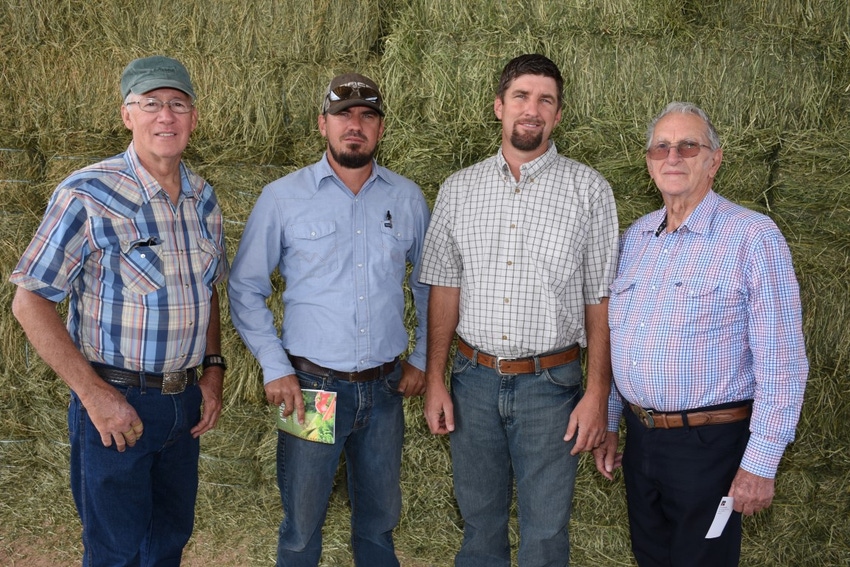April 18, 2017

A recent Farm-City breakfast where local residents, politicians, and farmers broke bread together and talked about issues on their respective plates was followed by a candid question and answer period on agriculture- and food-related issues on the minds of consumers.
Absent from the event was yelling, name-calling, or orchestrated riots with bussed in folks paid to protests and harm others, as seen on television since the general election last fall.
This breakfast, sponsored by the Maricopa County (Arizona) Farm Bureau, was ironically held in a retail hay barn located in a town once reveled as the Hay Capital of the U.S. Today, Gilbert, Ariz. is the largest town in the world, literally, with its quarter million residents where agriculture still fits snuggly between the urban confines of subdivisions and retail on the outskirts of Phoenix.
Farm Bureau leader Rick Evans said the event was designed “to learn from each other” as ideas and concerns where openly expressed and discussed. A handful of farmers answered questions, including Jason Perry of Jason Perry Farms in Gilbert. He noted that people have reconnected with their food supply in part through the internet. He acknowledged that agriculture has a big job ahead in educating people about the source of their food.
Perhaps the most intriguing part of the Q&A exchange was why do farmers use GMOs (genetically modified organisms)? Perry stood, turned to the crowd, and said he grows Roundup Ready (GMO) corn for silage.
“It’s a lot better for the environment,” Perry said, adding there are fewer pesticides required with some new GMO seeds, plus the plants have improved drought tolerance requiring less water to grow. He noted that chemicals are expensive and heavily regulated, and one gallon can cost about $500.
Another question – what’s the newest technology on your farm? Perry discussed his use of Veris technology and GPS to target fertilizer use in the field. He noted, “I use fertilizer only where it’s needed.”
This farm-city breakfast, and others like it across the nation, is a perfect illustration that one-on-one conversations are still a powerful way to communicate, and correct many inaccuracies and dissing too common on the World Wide Web.
You May Also Like




